With the Consumer Electronics Show well underway in Las Vegas, we look at the biggest trends among this year’s offering of tech gadgets, including haptic devices for the metaverse and the latest AI-powered products.
The world’s biggest tech event, CES is taking place at the Las Vegas Convention Center from 5 to 8 January.
After Covid caused the show to go fully digital in 2021 and heavily scaled back in 2022, 2023 sees the event return in force, with more than 3,200 brands exhibiting.
The metaverse and Web3 take centre stage this year, with the introduction of a new dedicated section in the convention centre’s Central Hall.
Wellness continues to be a major topic, with tech gadgets for improved sleep, and health and fitness monitors being integrated into both wearables and connected-home devices.
Artificial intelligence (AI) can be found in more products than ever, while the arrival of Matter – a smart-home standard that makes it easier for smart devices from different brands to talk to each other – is paving the way for new tech brands to carve out space in the market.
Here’s an overview of the biggest trending themes:
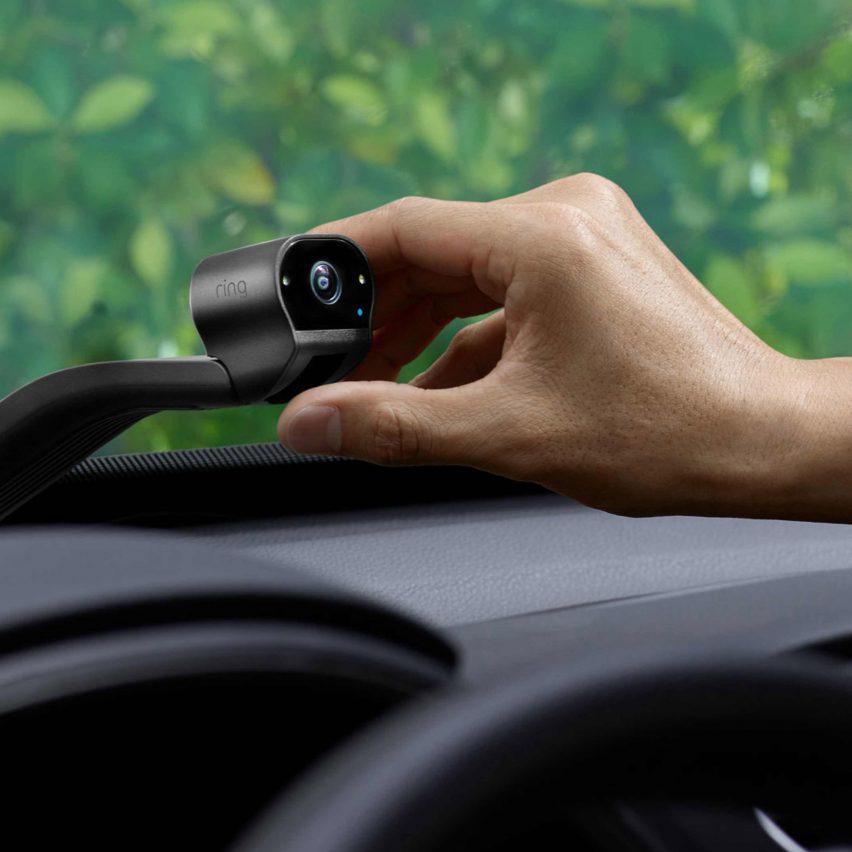
Smart surveillance
Smart security cameras are already in our homes, but they are now serving other functions.
Ring, best known for its doorbell cameras, has expanded its range to include car security. The Ring Car Cam is equipped with sensors that can detect if your car is being broken into. It can also be used as a dash cam.
Alternatively, there’s Bird Buddy, an AI-powered birdbox that films any feathered friend that stops by for a snack and identifies its species. Users can even gamify the experience, by collecting different species in the accompanying app.
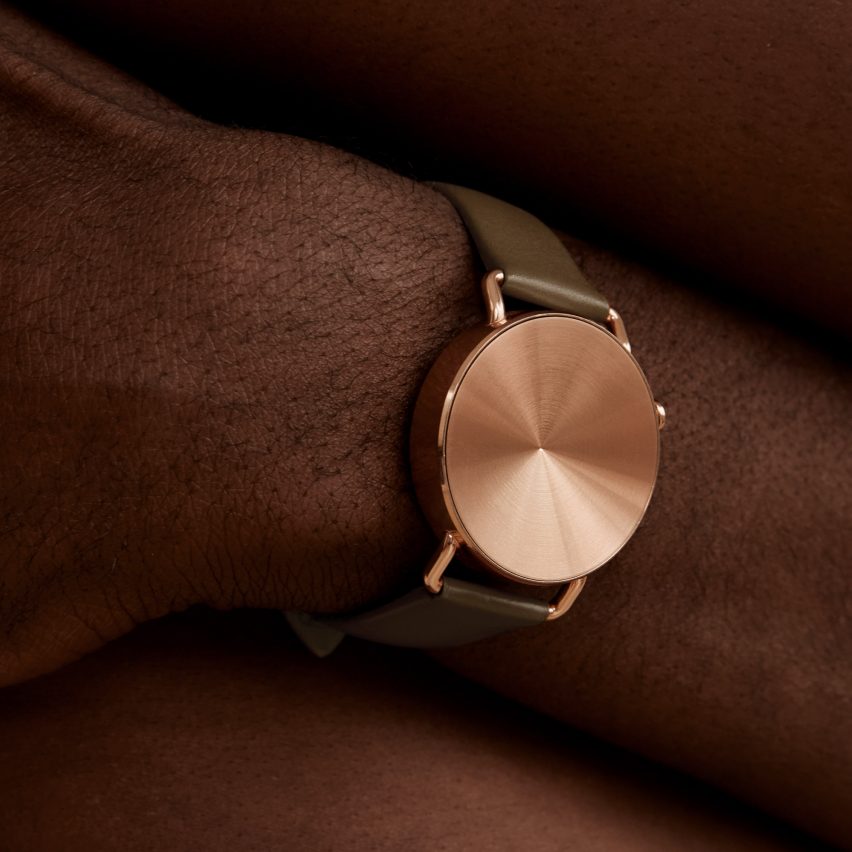
Wearables for wellness
Wellness has been a trending topic for a while, but this year sees an emergence of brands making it a priority.
The latest wearables have highly subtle designs, delivering only key information and integrating features that promote better mindfulness.
At the top of the list is Nowatch, a smartwatch that doesn’t actually tell the time. Instead, this screenless device delivers gentle vibrations to improve a wearer’s mood and stress levels, based on readings of heart rate, sweat, physical movement and sleep patterns.
Citizen’s new CZ Smart comes with an app called YouQ which harnesses NASA research to anticipate patterns of fatigue and to help you be more productive in your day.
Wearable technologies for medical devices also continue to be released. Among these is Movano Health‘s Evie smart ring, which measures heart rate and blood oxygen levels to help women understand patterns in sleep, menstruation and more.
Meanwhile, healthtech brand Baracoda has launched BHeart, an activity sensor and heart rate monitor that can be worn as a bracelet or a watch strap. It integrates built-in solar power, so you may not ever need to take it off for charging.
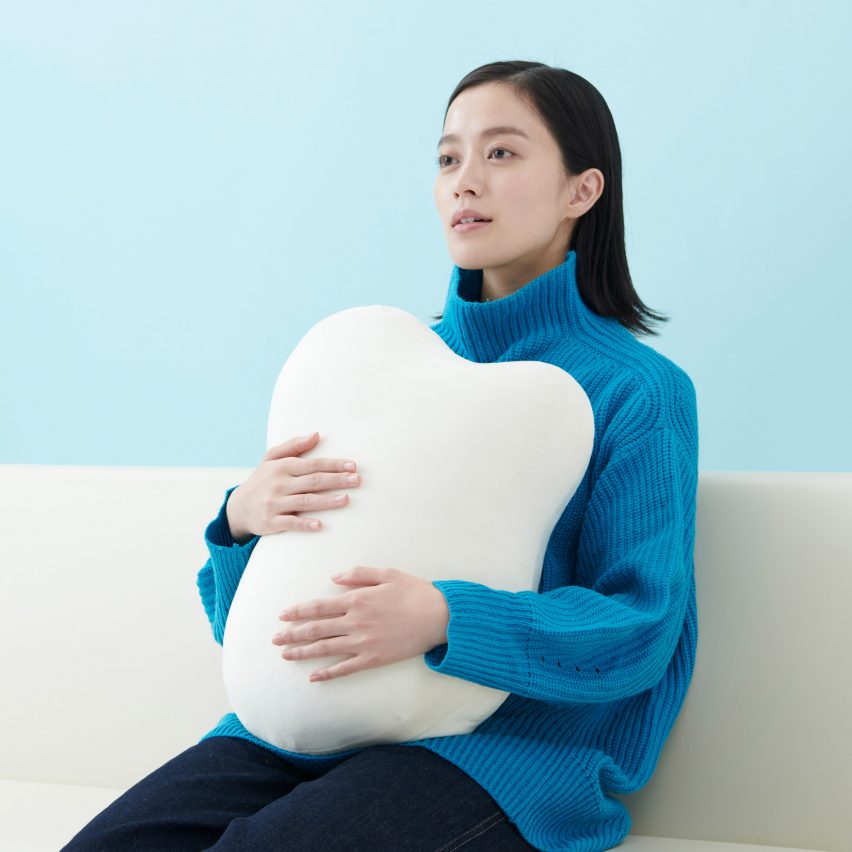
Smart-home devices
The integration of healthcare into connected-home devices was inevitable, but some brands have pushed the idea further,
One of the most surprising launches is U-Scan, a hands-free urine scanner that lives in your toilet. Produced by healthtech brand Withings, it offers information about digestive and reproductive health.
Samsung has extended its Bespoke Home range to include an oven with AI. As well as being able to suggest the right cooking temperatures for a range of pre-set healthy meals, it can pair with Samsung apps to suggest recommended meal options based on workout stats and diet goals.
Decor has also been equipped with smart technology. Honda-backed Yukai Engineering has launched Fufuly, a robotic pillow that helps people to find healthy breathing rhythms.
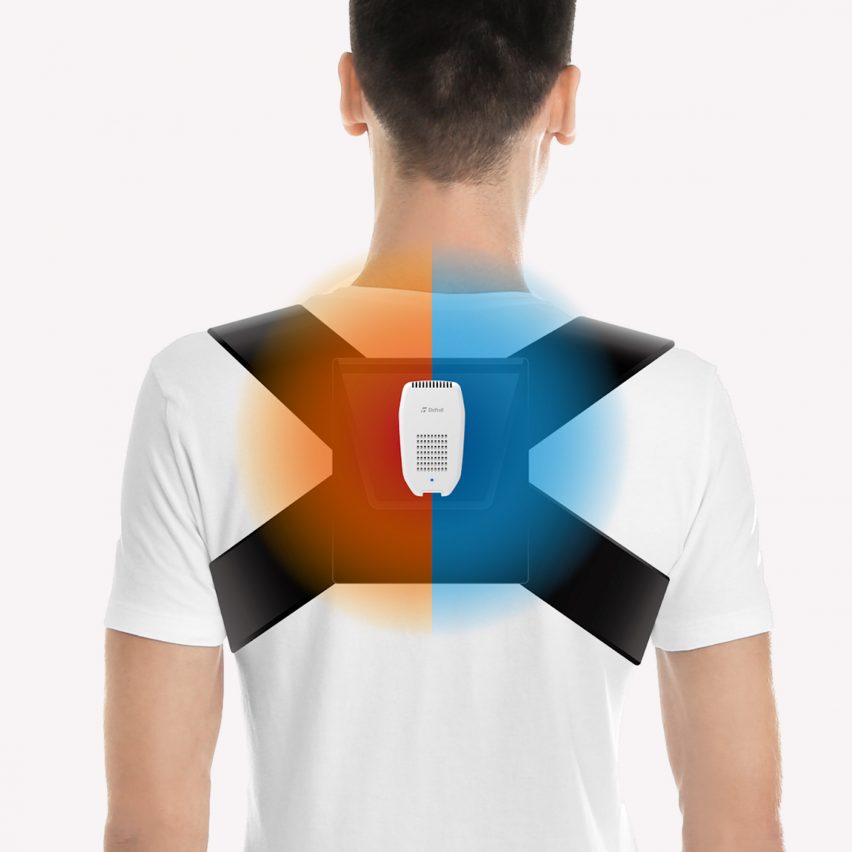
Metaverse accessories
Metaverse technology was heavily represented at last year’s CES. Now, brands are launching devices designed to optimise the immersive quality offered by this new iteration of the internet.
Source Digital is claiming to have launched “the world’s first smart TV metaverse experience”, by bringing its Sansar platform to LG Smart TVs. Through this app, users can explore 2D and 3D environments with a customised avatar.
Panasonic-owned Shiftall has meanwhile launched three devices geared toward the metaverse. These include Magnex, an ultra-lightweight VR headset, and Pebble, a device that heats or cools the human body to enhance the virtual experience.
The third addition is Mutalk, a sound-suppressing bluetooth microphone that allows users to talk to others in the virtual space without disturbing those around them.
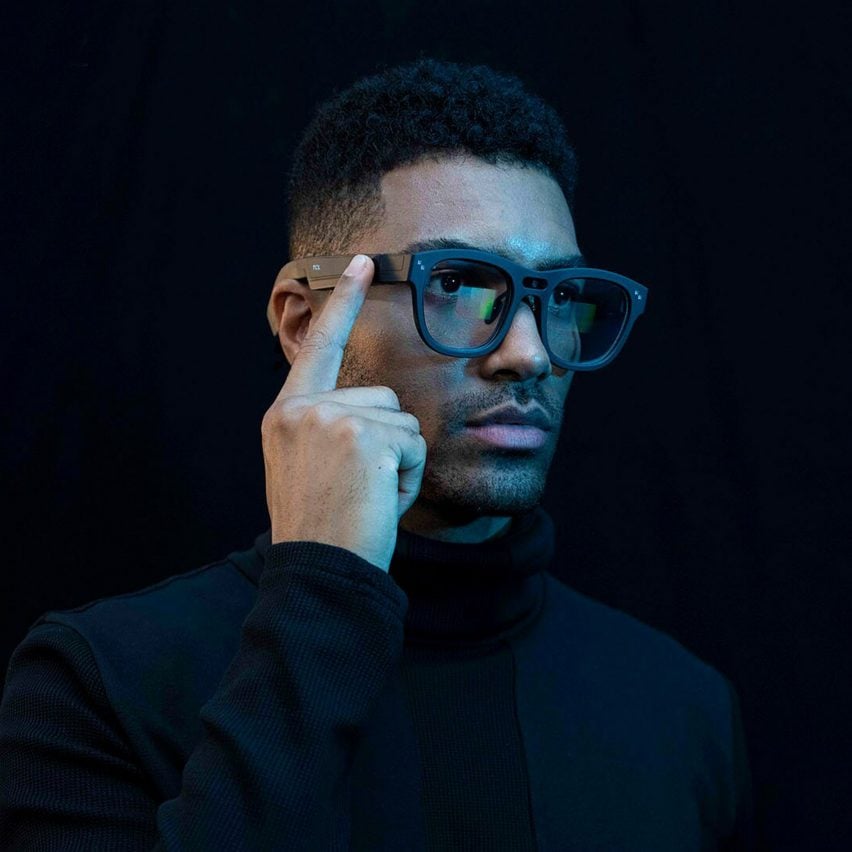
Augmented reality
A number of designs at the show this year explore ways of making the use of tech outside the home a more seamless experience.
Among the biggest launches, Chinese brand TCL – best known for its high-spec televisions – unveiled the RayNeo X2 smart glasses.
These augmented-reality frames overlay your field of vision with all kinds of useful display information, from auto-translation to GPS navigation. They can also integrate prescription lenses, so spec-wearers don’t have to miss out.
Navigation is the primary focus of Loovic, a GPS neckband that helps people to find their way around a city on foot without the use of a map.
Another key launch is designed to allow people to make private calls in public places.
French startup Skyted has teamed up with industrial design studio PriestmanGoode to create a pair of voice-absorbing masks. Basked by Airbus, they are intended for crowded or confined spaces like trains, buses, cars or planes.
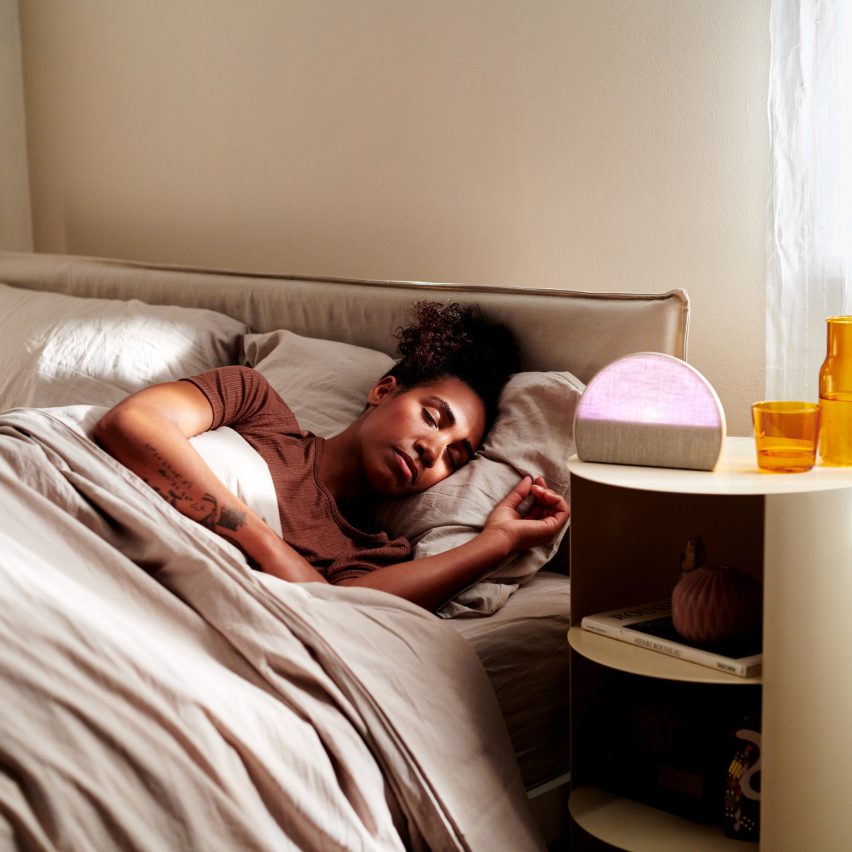
Sleep improvement
Sleep is as important to us as ever, and there are plenty of products on offer this year promising better quality shut-eye.
LG has debuted the Breeze earbuds, which uses sensor data to estimate how long the wearer is spending in each of the three sleep states (REM, light and deep sleep). They can also play sounds to help you fall asleep.
German startup Variowell Development has launched the Pepaminto mattress topper, which works with an Apple Watch to heat or cool different areas of a bed.
Other products include Hatch Restore 2, an update of the popular alarm clock that uses light and sound to improve each step of the sleep cycle. The new version introduces “morning moments”, allowing users to add inspirational messages or a short workout routine.
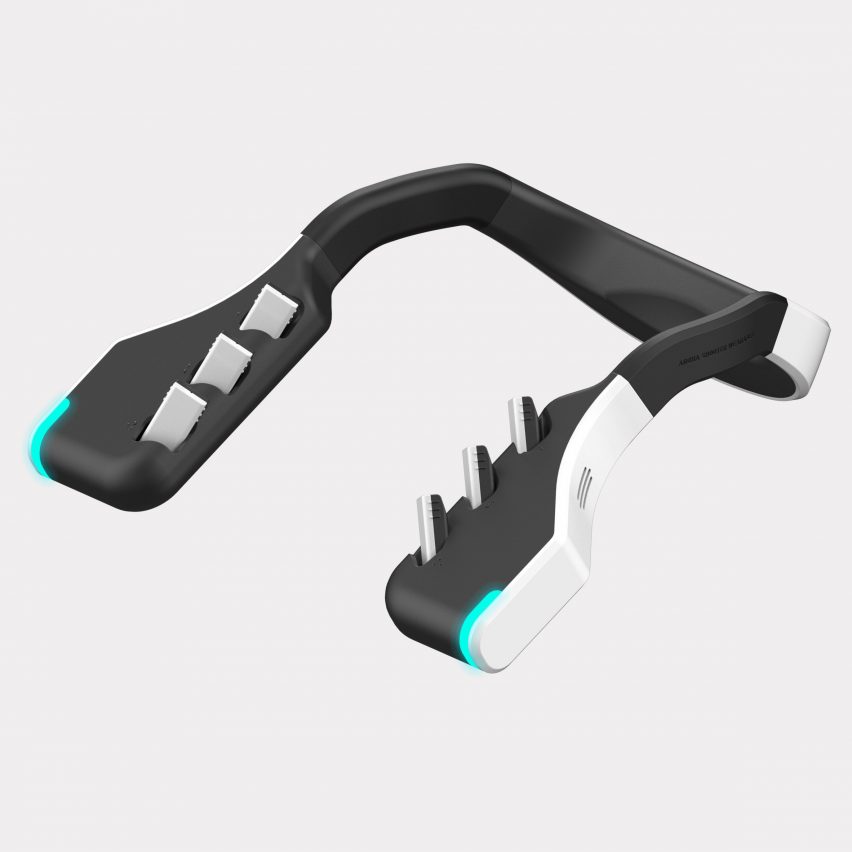
Media with lights and smells
The experience of gaming, listening to music or watching videos can be enhanced thanks to a few new releases.
Japanese company Aromajoin has launched a video platform that works in tandem with its Aroma Shooter technology to produce scents that complement whatever is on screen. Over 100 different fragrances are currently available.
Meanwhile, Govee has launched a product to rival the Philips Hue system. The Govee AI Gaming Sync Box Kit is a Matter-certified system that creates coloured lighting effects to amplify video game experiences.
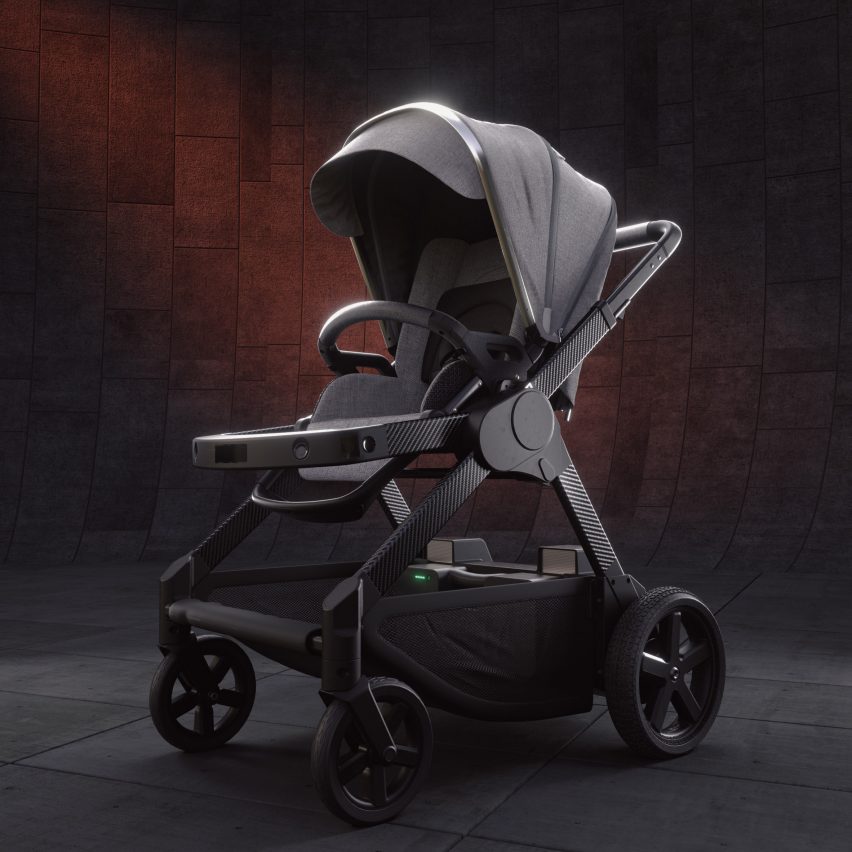
AI parenting
A product that is attracting huge attention at CES 2023 is the Ella smart stroller, an AI-powered pushchair with self-driving capabilities.
Launched by Canadian company Glüxkind Technologies, Ella offers push and brake assistance, hands-free strolling and an intelligent “Rock-My-Baby mode”.
It’s not the only product designed with parenting in mind.
The new Q-bear baby monitor is billed as a “baby crying translator”. It uses a huge pool of data to interpret crying patterns, so it can more effectively interpret each scream. It can also soothe a crying baby with AI-powered light and sound, or perform a pain and discomfort analysis.
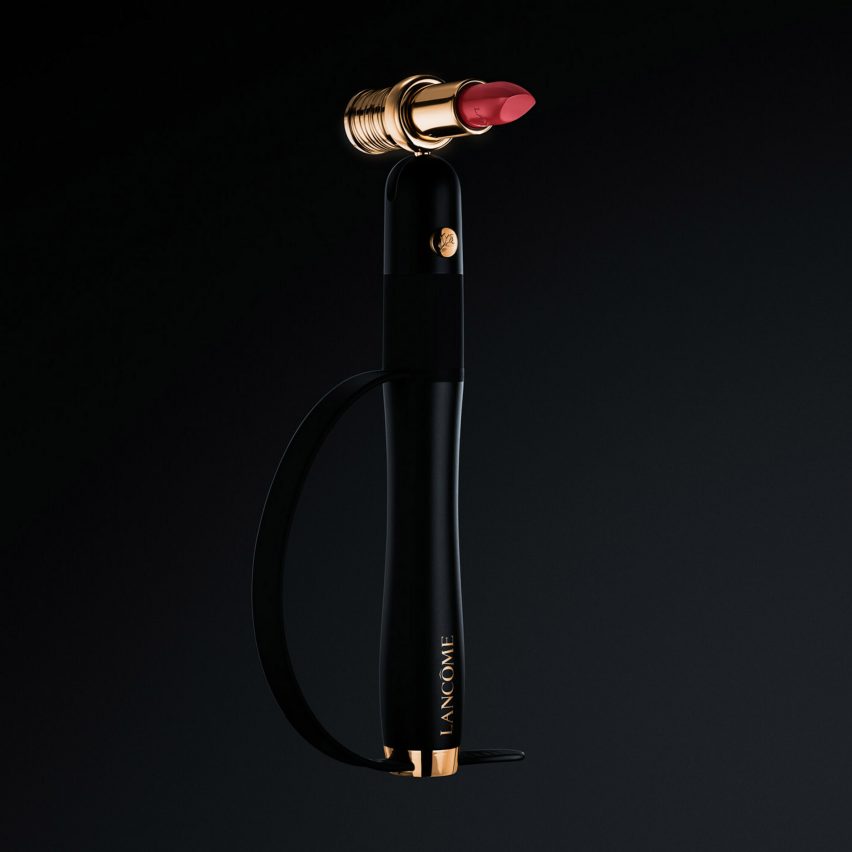
Accessibility for all
With the news that hearing aids can now be sold over the counter in the United States, thanks to a recent FDA ruling, a new market has opened up.
One product on show is the design-led Eargo 7 buds. Like previous models, these hearing aids are water-resistant, fully rechargeable, and offer noise reduction and sound processing features.
Big-name brands have also launched products to support those with disabilities or impairments.
Sony has unveiled Project Leonardo, a PlayStation 5 controller that allows people with limited motor control to play longer, while L’Oréal has presented HAPTA, a lipstick applicator for those with limited hand and arm mobility.
Read More: news.google.com






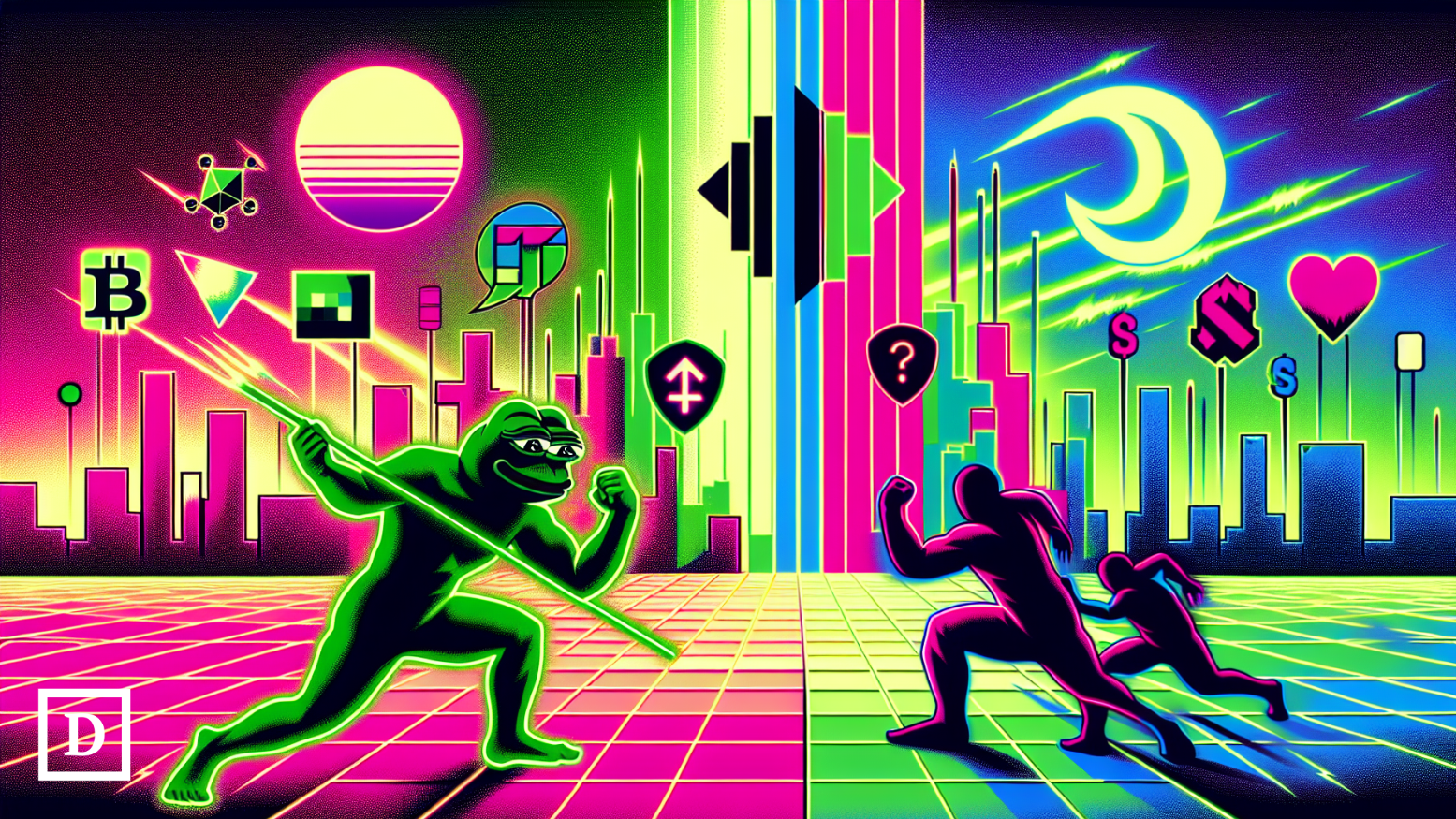


 Bitcoin
Bitcoin  Ethereum
Ethereum  Tether
Tether  XRP
XRP  Solana
Solana  USDC
USDC  Dogecoin
Dogecoin  Cardano
Cardano  TRON
TRON  Lido Staked Ether
Lido Staked Ether  Wrapped Bitcoin
Wrapped Bitcoin  Sui
Sui  Wrapped stETH
Wrapped stETH  Chainlink
Chainlink  Avalanche
Avalanche  Stellar
Stellar  Hyperliquid
Hyperliquid  Shiba Inu
Shiba Inu  LEO Token
LEO Token  Hedera
Hedera  Bitcoin Cash
Bitcoin Cash  Litecoin
Litecoin  Toncoin
Toncoin  Polkadot
Polkadot  USDS
USDS  WETH
WETH  Monero
Monero  Binance Bridged USDT (BNB Smart Chain)
Binance Bridged USDT (BNB Smart Chain)  Wrapped eETH
Wrapped eETH  Bitget Token
Bitget Token  Pepe
Pepe  Ethena USDe
Ethena USDe  Pi Network
Pi Network  Coinbase Wrapped BTC
Coinbase Wrapped BTC  WhiteBIT Coin
WhiteBIT Coin  Bittensor
Bittensor  Dai
Dai  Uniswap
Uniswap  Aave
Aave  NEAR Protocol
NEAR Protocol  Aptos
Aptos  OKB
OKB  Jito Staked SOL
Jito Staked SOL  Ondo
Ondo  BlackRock USD Institutional Digital Liquidity Fund
BlackRock USD Institutional Digital Liquidity Fund  Cronos
Cronos  Internet Computer
Internet Computer  Ethereum Classic
Ethereum Classic